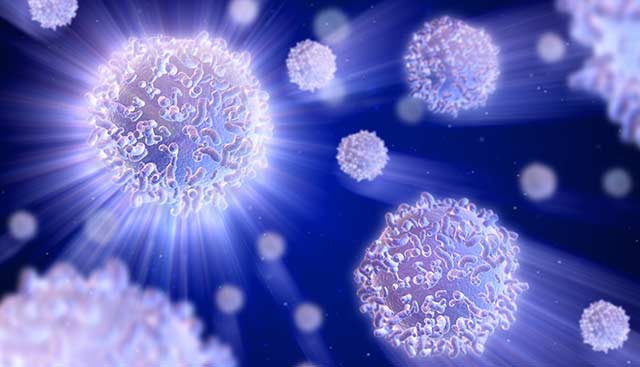Immuno-Oncology Program Aims

The Immuno-Oncology Program defines the mechanisms by which tumors evade rejection by the immune system and develops strategies to thwart them. Key to the Program's success is the close integration of immuno-oncology clinical, translational, and basic scientists that facilitates rapid progression of novel immunotherapies from the bench to bedside.
The specific Aims are:
Aim 1: To understand molecular and cellular mechanisms that can exploit innate and adaptive immunity against cancer. The goal of this aim is to dissect mechanisms governing the balance between protective anti-tumor immunity and malignant progression, with regard to spontaneous responses and immunotherapeutic interventions. This platform is the engine to develop novel, more effective and safer immunotherapies for cancer patients.
Aim 2: To elucidate and target pathways governing effectiveness, resistance, and toxicity in anti-cancer immunotherapy. The goal of this aim is to understand molecular and cellular mechanisms that determine the safety and effectiveness of anti-cancer immunotherapy in some patients and not in others. The biological insight obtained through these efforts is used to refine previous interventions to achieve better effectiveness and lower toxicity.
Aim 3: To develop and implement anti-cancer cellular therapies. The goals of this aim are to bring laboratory and pre-clinical studies to the bedside as novel investigator-initiated adoptive cell therapy trials, and to develop mechanistic strategies to improve these interventions. This inter-disciplinary and cohesive platform facilitates delivery of highly effective, innovative and safe immunotherapies for cancer patients.
Immuno-Oncology
